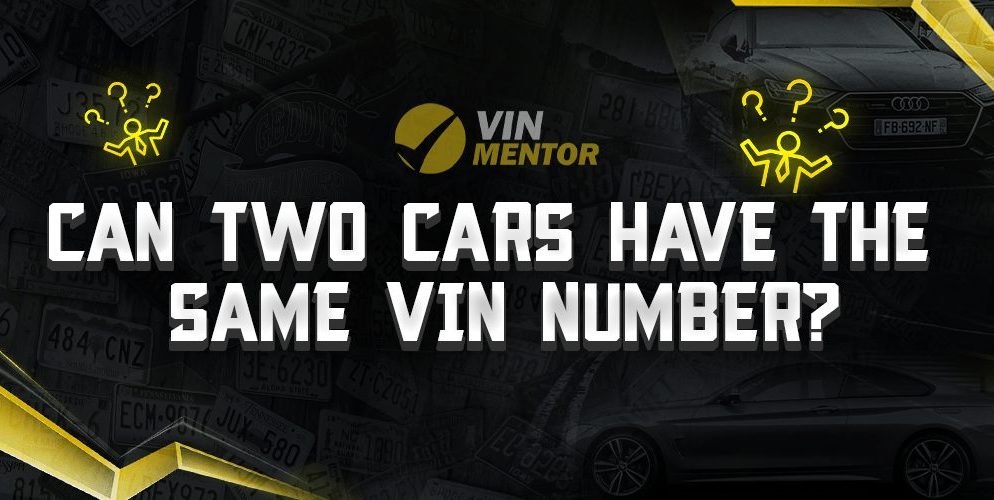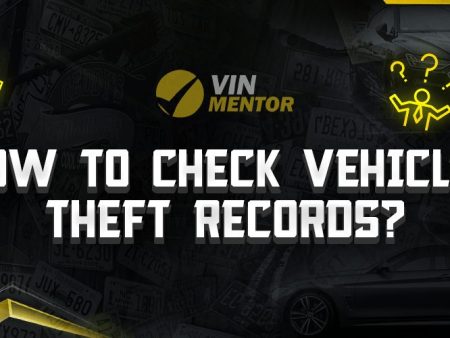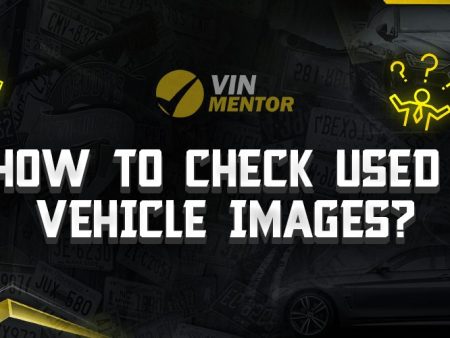

Have you ever wondered if two cars can have the same VIN? It’s a question that might come to mind, especially if you’re purchasing a used car or dealing with vehicle identification numbers in your profession. The answer to this question is not as simple as you would expect it to be. Read on to learn more about this topic.
Key Takeaways
- The VIN is a unique identifier for a vehicle.
- VINs are assigned by the manufacturer.
- The possibility of two cars having the same VIN is extremely rare.
- Fraudulent VIN duplication can occur, so it’s important to verify a VIN before purchasing a car.
How are VINs Assigned?
A VIN is a unique identifier assigned to every vehicle. It’s like a fingerprint for your car. The VIN consists of 17 characters. The purpose of a VIN is to provide a way to identify a vehicle and its specific characteristics, such as the make, model, and year of manufacture.
Each manufacturer has its own way of assigning VIN, but they all follow a similar format. The first three characters of a VIN represent the world manufacturer identifier (WMI), which identifies the manufacturer and the country of origin. The next six characters represent the vehicle attributes section (VAS), which includes information such as the body style, engine type, and restraint system. The ninth character is the check digit, which is used to verify the VIN accuracy. The remaining characters are the unique serial number for the vehicle.
Is it Likely for Two Cars to Have Identical VIN?
In theory, it’s possible for two cars to have the same VIN, but the chances of it happening are extremely rare. Each VIN is assigned by the manufacturer, and the process is carefully controlled to ensure that no duplicates occur. However, there have been cases of fraudulent VIN duplication, where a criminal copies a valid VIN from one vehicle and uses it on another. This is illegal and can result in serious consequences, so it’s important to verify a VIN before purchasing a car.
Why is it Important to Verify a VIN?
Verifying a VIN is important for several reasons:
- It ensures that the VIN is legitimate and not a fraudulent duplicate.
- It allows you to obtain information about the vehicle’s history, such as previous owners, accidents, and repairs. This information can help you make an informed decision when purchasing a used car.
- Verifying a VIN is required by law in many jurisdictions, so it’s important to ensure that you’re complying with all legal requirements.
How to Verify a VIN?
There are several ways to verify a VIN:
- You can use a VIN decoder tool, which can provide you with information about the vehicle’s make, model, and year of manufacture.
- You can obtain a vehicle history report, which can provide you with more detailed information about the vehicle’s history, such as accidents, repairs, and previous owners.
- You can physically inspect the VIN of the car to ensure that it matches the VIN on the vehicle’s registration, title, and other documents.
Conclusion
While it’s technically possible for two cars to have the same VIN, it’s extremely rare and most likely a result of fraudulent activity. It’s important to verify a VIN before purchasing a car to ensure that it’s legitimate and to obtain information about its history. To do so, we recommend using a trusted VIN Check Website, which you can choose from our list. Remember, buying a car is a big investment, so it’s important to do your due diligence and ensure that you’re getting a vehicle that’s safe, reliable, and legally registered.
FAQ
Can a VIN be changed or altered by the owner?
No, altering or changing a VIN is illegal. The VIN is a unique identifier assigned by the manufacturer, and any attempt to modify it is considered fraudulent and can result in serious consequences.
How can I check if a VIN has been duplicated or is fraudulent?
To verify a VIN’s authenticity, you can use a VIN decoder tool, obtain a vehicle history report, or physically inspect the VIN on the car and compare it with the VIN on the vehicle’s registration, title, and other documents. These methods can help ensure that the VIN is legitimate and not a result of fraudulent activity.
Are there any legal requirements regarding VIN verification?
Yes, in many jurisdictions, it is required by law to verify the VIN of a vehicle. Compliance with these legal requirements is essential to ensure that the vehicle is properly registered and meets all necessary regulations.
What information can I obtain from a vehicle history report?
A vehicle history report can provide detailed information about a vehicle’s past, including its previous owners, accident history, repairs, mileage records, and more. This information can be valuable when making an informed decision about purchasing a used car.
How can I find a trusted VIN check website?
To find a trusted VIN check website, you can search for reputable online platforms that offer comprehensive vehicle history reports. It’s advisable to read reviews, consider recommendations, and choose a reliable service that has a good track record in providing accurate and up-to-date information.












